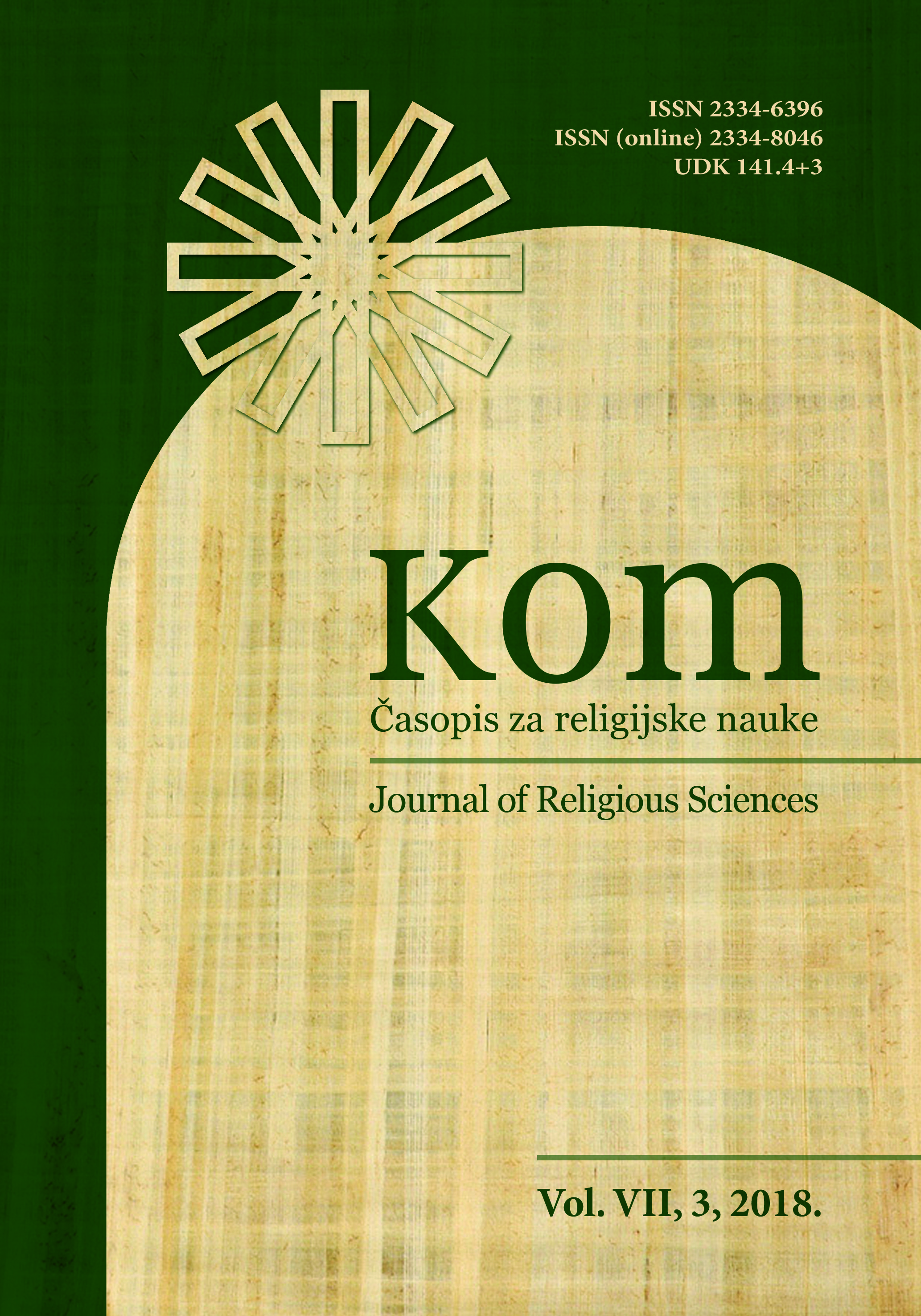Karakteristike religijske vlasti u socijalnoj misli Fejza Kašanija
The Characteristics of Religious Authority in the Social Thought of Fayz Kashani
Author(s): Muamer HalilovićSubject(s): Islam studies, Social differentiation, Social Theory, Sociology of Politics, Sociology of Religion
Published by: Centar za religijske nauke "Kom"
Keywords: Fayz Kashani; social thought; philosophy; jurisprudence; absolute divine authority; religious authority; divine ontological authority; authority of the clergy; dynastic authority;
Summary/Abstract: The well-known Muslim thinker Fayz Kashani (17th century) considers the active participation of every individual in some form of social life to be indispensable, and claims that this necessity derives from religious literature, that is, from the Islamic philosophical and juridical thought. Fayz employs philosophy in order to shape the structure of his social idea, while he uses jurisprudence whenever he wants to talk about the practical solution of certain social problems. In this context, he believes that social life guarantees “an organization of material life” as well as “spiritual and mental education”, in which he, as a representative of the traditional Islamic thought, also included upbringing. However, these two aspects will be enabled only if a religious authority, harmonized with the divine law or with religion, is established. It is because every being can progress in a versatile way if there is a clear plan ahead based on all its capacities and abilities. And its capacities and abilities are fully known only by the being who created it. However, one should not forget that a divine authority is represented in human society at various stages. In this paper, we will explain Fayz’s opinion on all these stages, as well as on the social results of each of them. Fayz lived in the central cities of Iran during the rule of the Safavid dynasty, and since he was in direct or indirect contact with the supreme structures of authority and social life for most of his life, his social thought will not only reveal the universal aspects of the Islamic view of society, but will also provide us with a lasting approach to general social turmoil in the period of the political domination of the Safavids, but also in the period when this domination began to wane.
Journal: Kom: časopis za religijske nauke
- Issue Year: VII/2018
- Issue No: 3
- Page Range: 1-28
- Page Count: 28
- Language: Serbian

